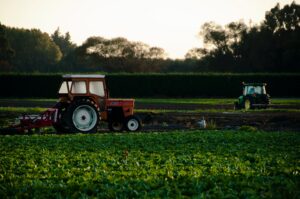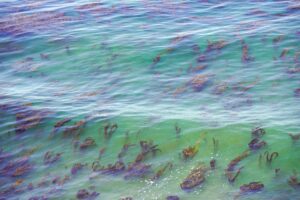HowGood is an independent research company and SaaS data platform with the world's largest database on food product sustainability. With more than 90,000 on-farm emissions factors for food ingredients, HowGood helps leading brands, retailers, suppliers and restaurants to measure, manage, and communicate their environmental and social impact.
Our Research
HowGood’s research methodology is backed by 17 years of scientific research, and a team of data scientists and agricultural experts at the forefront of food sustainability globally.
Our Research Methodology
HowGood has 17 years of research on global food supply chains. The team consolidates and analyzes findings from over 600 accredited data sources and certifications. These include a range of resources such as international frameworks, NGO guidance and standards reports, peer reviewed life cycle assessment studies, journal articles, academic conference proceedings and texts, aggregated commercial databases, targeted industry studies, NGO research, government publications, and news reports from reputable outlets.
HowGood employs the most industry-recognized methodologies and incorporates the latest scientific research. Metrics and impact assessments are updated on an ongoing, iterative basis, making HowGood’s platform the leading-edge tool for product sustainability. In turn, HowGood is able to provide impact assessments that are accurate, comprehensive, and the most up-to-date.
Through HowGood’s sustainability intelligence platform, Latis, we are able to scale this approach across products, brands, and the entire food industry.
Download our methodology in PDF:
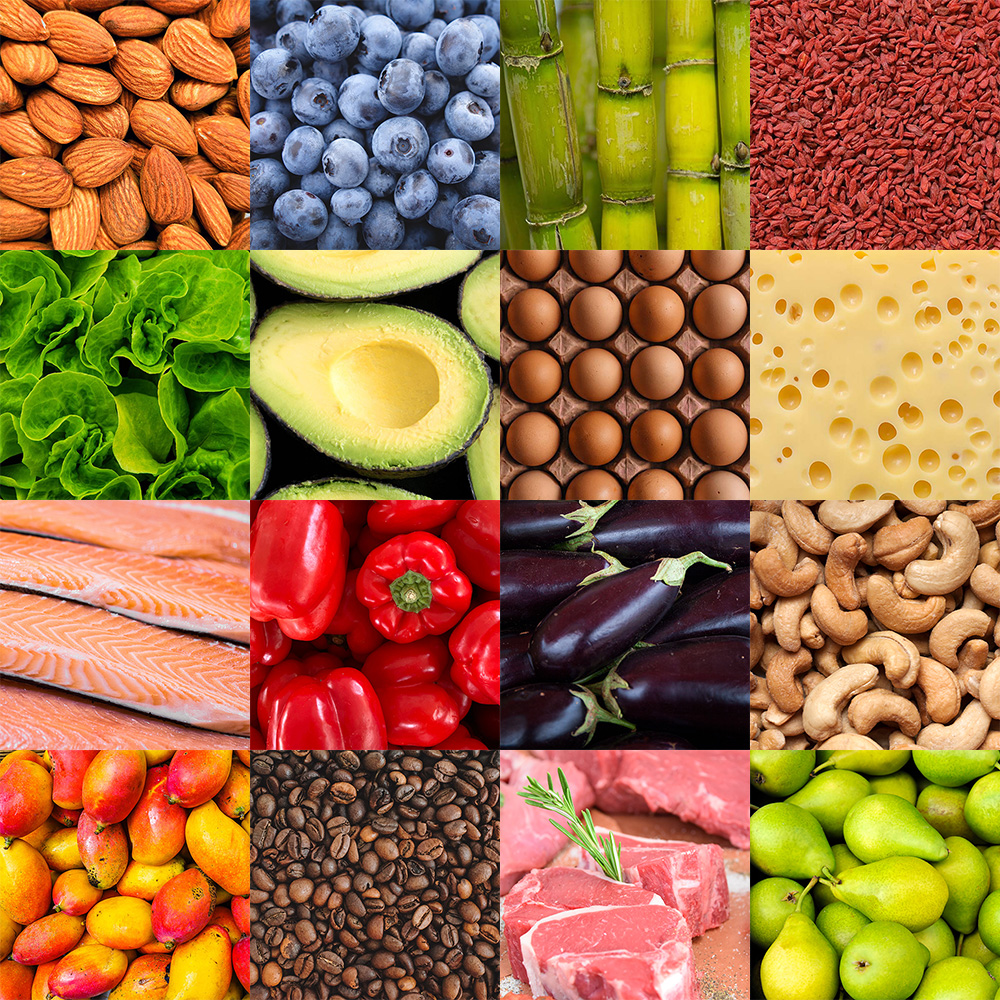
Our Impact Spectrum
Mapping the environmental impact of the food system
HowGood assesses the social and environmental impact of 33,000+ ingredients across eight sustainability metrics, on an impact spectrum from negative to positive.
Negative Impact
Degenerative, unsustainable social and environmental impact

Positive Impact
Furthest movement towards regeneration and net-positive impact
Our Sustainability Metrics
HowGood’s eight core sustainability metrics capture holistic sustainability impact:

Greenhouse Gas Emissions
What is the carbon footprint of growing this ingredient?

Biodiversity
How does the growing of this ingredient help or hurt global biodiversity?

Processing
How much energy is used in the factory processing of this ingredient?

BLUE Water Usage
How much blue water does it take to grow or raise this ingredient?

Labor Risk
What is the overall labor risk involved in growing or raising this ingredient?

Land Occupation
How much land does it take to grow or raise this ingredient?

Soil Health
How does the growing of this ingredient impact the soil where it’s grown?

Animal Welfare
How do the ingredients in this product impact the welfare of animals?
Our Research Process
HowGood has developed the world’s largest product sustainability database through an ongoing process of exhaustive data collection, analysis of peer-reviewed science, and a progressive heuristic approach to mapping and assessing sustainability data.
STEP 1:
Data Collection
The foundation of HowGood’s data is a diverse and continuously updated collection of data sources, including peer reviewed journal articles, academic conference proceedings and texts, aggregated commercial databases, targeted industry studies, NGO research, and government publications.
We use a mix of qualitative and quantitative data sources and for each source, we perform a data certainty assessment. This process is completed for every impact metric in the HowGood system, and for every ingredient on which there is accurate and verifiable data.
Example sources include:
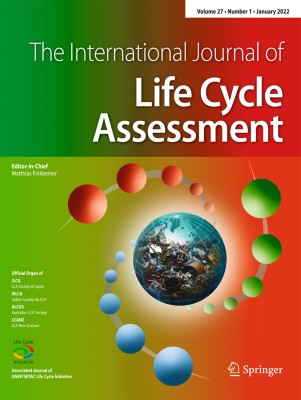
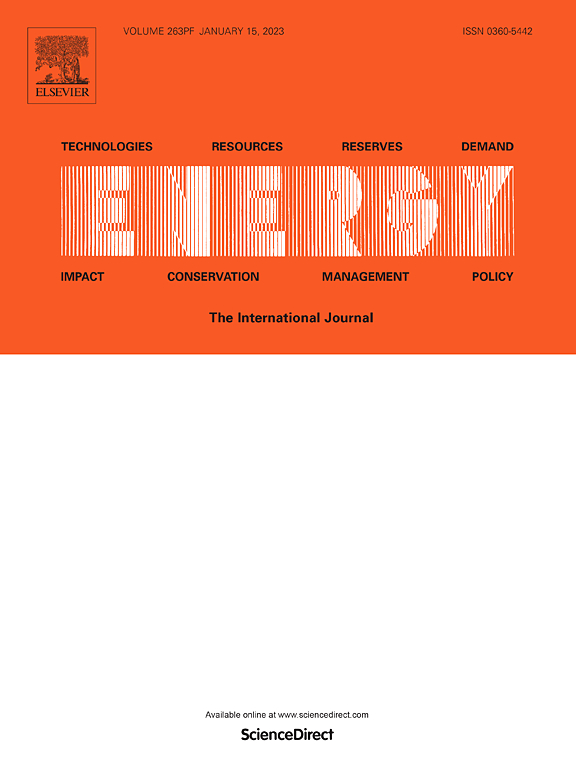
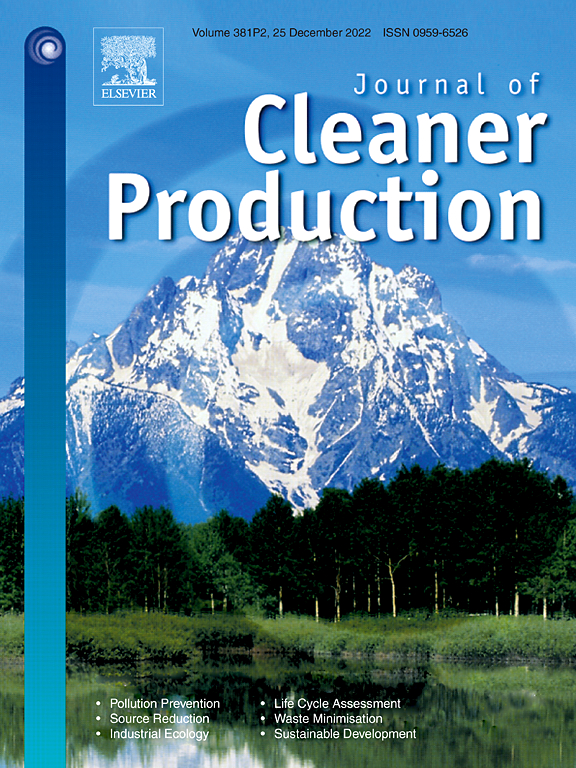
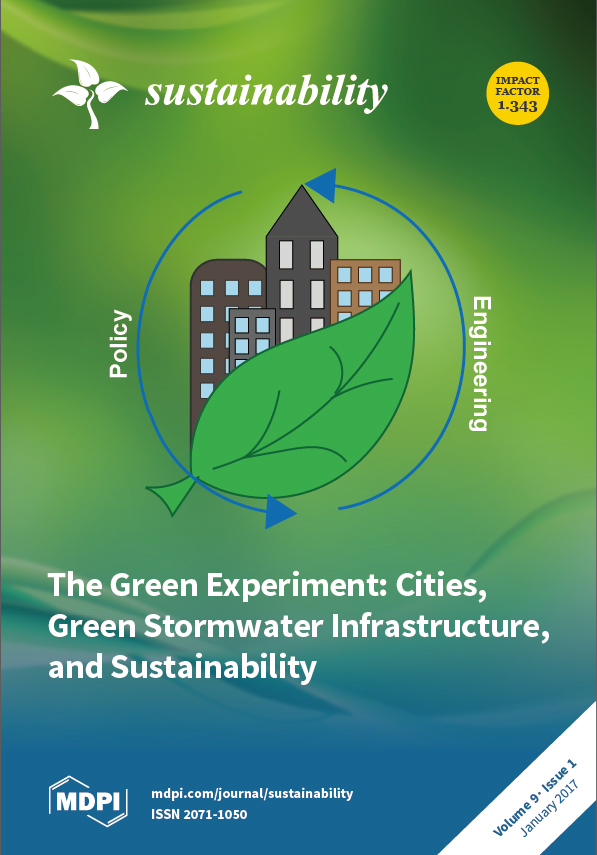
STEP 2:
Ingredient Mapping
Once the data has been collected and analyzed, we map every single ingredient to its source crop animal or material. Using global import/export data and HowGood industry partnerships, we then map each source crop to its corresponding geographic location to account for the specific on-the-ground practices, impacts, and risks in each locale.
If we are unable to find a perfect match for a particular ingredient, we use an internal proxying protocol to identify the most appropriate comparable data.
On-farm impacts of GHG emissions, land use, blue water usage and deforestation are multiplied by the ingredient concentration of the product’s ingredient to account for the total amount of material required to grow or raise the ingredient.
STEP 3:
Aggregation and Heuristics
At this point in the process, we aggregate data across geographic regions and ingredient categories and develop industry-average impact profiles for each metric and every ingredient.
Based on the ingredient mapping process, our platform assigns a default location and corresponding industry-average profile for every ingredient in a product. If deeper levels of data granularity are available (from a specific supplier, industry partner, or publication), these specifics can be applied to override the industry average values.
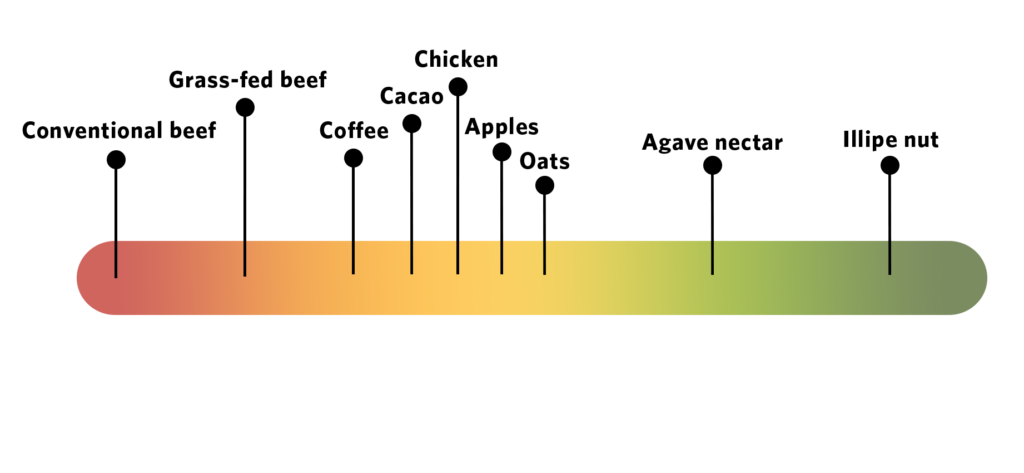
STEP 4:
Impact Spectrum
The most important step in our methodology is the development of the impact spectrum. Here we harmonize all the data collected on any single impact metric by plotting each practice along a single line: the impact spectrum. This is done while keeping the entire CPG ecosystem in mind, enabling a clean transition from theoretical to practical application.
On the negative end of the spectrum, we find damaging, extractive, oppressive, and/or abusive practices. Sustainable, the mid-point, is a “net-zero” perspective, that doesn’t cause harm but also doesn’t improve. The positive end of the spectrum not only avoids harm, but it also improves, develops, and heals.
STEP 5:
Threshold Setting
With the full spectrum of impacts in place, we determine the thresholds to set for each score.
The thresholds are set with one primary goal in mind: to deliver practical, actionable insights for differentiating between two ingredients or whole products. Each quintile represents a score bracket of 2, which adds up to a score out of 10 for each metric. Each metric is then weighted equally and rolled up into a HowGood Impact Score out of 100.
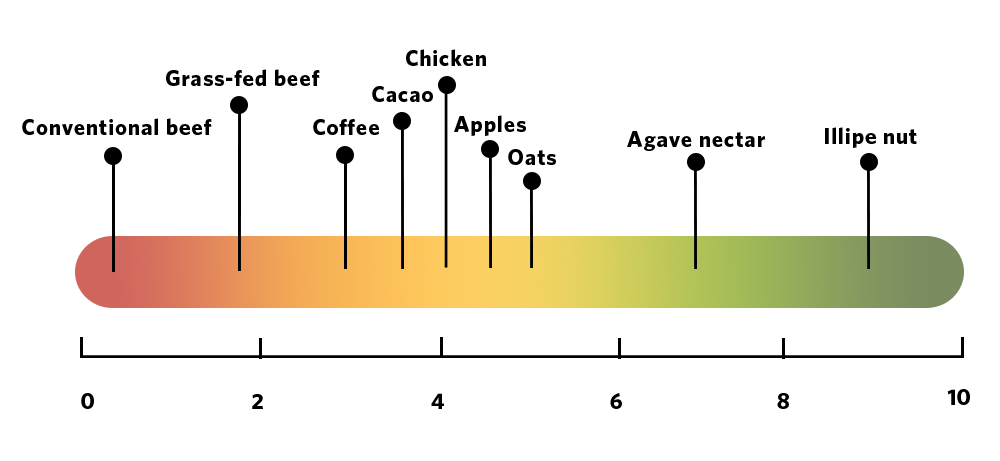
Our Research Team
Our team of agricultural and carbon specialists, data scientists and researchers keep HowGood and its customers at the forefront of food sustainability globally.
Arthur Gillett
Chief Research Officer & Co-Founder
Arthur leads the strategic direction of HowGood’s research methodology and is the driving force behind our 17 years of research on global food systems.
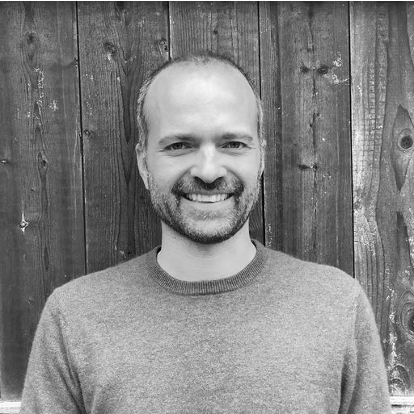
JD Capuano, M.S, B.A
Head of Research
JD Capuano is Head of Research at HowGood, leading the research team in designing metrics, analyzing sustainability impact and supporting client, sales and engineering teams.
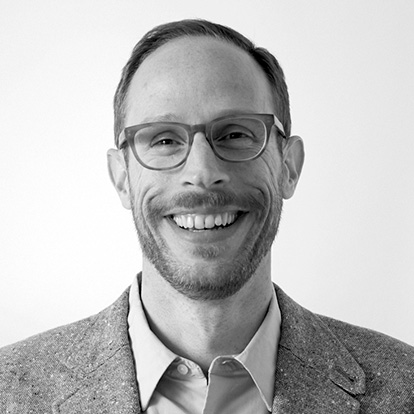
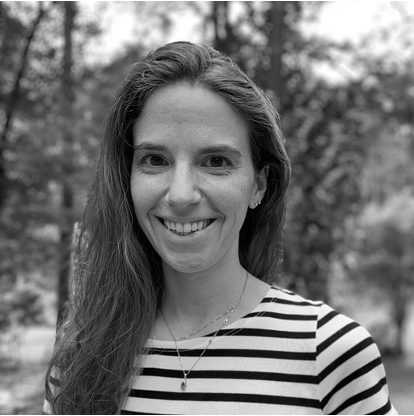
Lizz Aspley, M.S, B.S
METRICS ARCHITECT
Lizz Aspley is a data scientist at HowGood, where she leads the design and prototype of new sustainability metrics, aligns global sustainability standards with HowGood’s research methodology and designs sustainability solutions for customers.
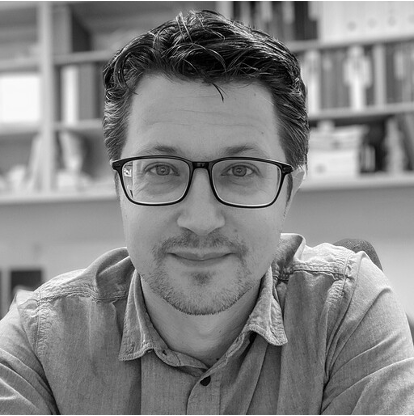
Andrea Cecchin, PhD, M.S, B.S
SENIOR AGRICULTURE & CARBON SPECIALIST
Andrea Cecchin is a Senior Agriculture and Carbon Specialist at HowGood, where he leads the design and research of new sustainability metrics and is a subject matter expert on carbon emissions.
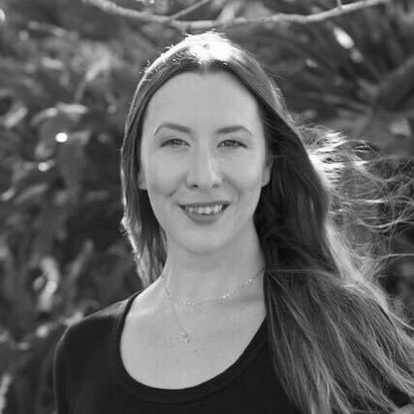
Tara Mehlich, B.Com
FOOD SCIENCE ANALYST
Tara Mehlich is Food Science Analyst at HowGood, where she specializes in analyzing ingredient processing types across the food system. She manages client data, assists with customer onboarding, and researches crop-location combinations.
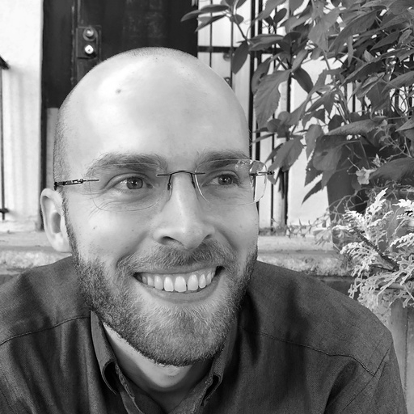
Steve Riesenberg, M.S, B.A
DATA SCIENTIST
Steve Riesenberg is a data scientist with HowGood, where he manages customer data, automates processes and ensures high levels of data quality. He supports the design of new sustainability metrics by ingesting the latest scientific research into HowGood’s metric logic.

Karla Chikani Cabrera, M.S, PhD CANDIDATE
LCA & SUSTAINABILITY RESEARCHER
Karla Chikani Cabrera is an LCA and Sustainability Researcher with HowGood, where she analyzes and synthesizes sustainability insights from life cycle farm-to-farm-gate emissions factors.
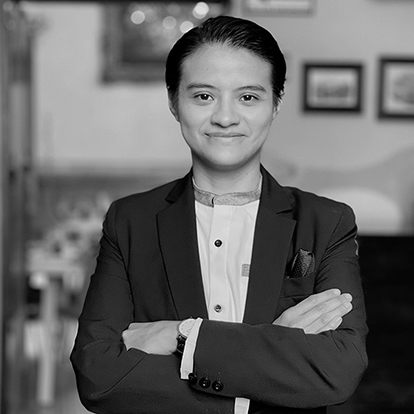
Gabriela Cuevas Castillo, M.S, PhD CANDIDATE
LCA & SUSTAINABILITY RESEARCHER
Gabriela Castillo is an LCA and Sustainability Researcher at HowGood, where she analyzes and synthesizes sustainability insights from life cycle assessments and other data sources. Her work focuses on energy consumption and GHG emissions.
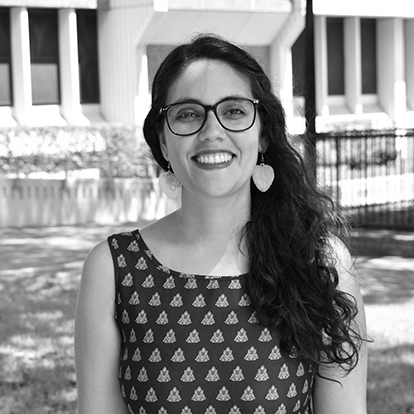
Yeyetsi Maldonado Caballero, M.D.P, B.S
SUSTAINABILITY DATA RESEARCHER
Yeyetsi Maldonado is a Sustainability Data Researcher at HowGood, where she researches location-specific crops and conducts data content audits. She supports our metrics team in researching human rights and labor issues in different locations around the world.
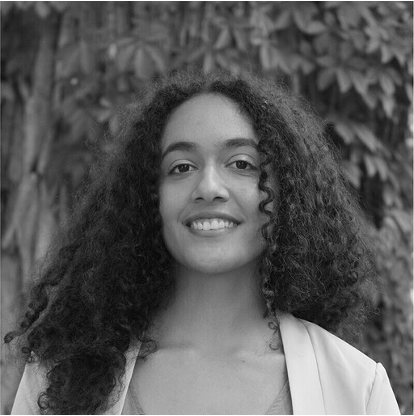
Soraya Karimi, B.S
DATA SCIENTIST
Soraya Karimi is a data analyst at HowGood, where she performs data ingestions, automates processes, supports metric redesigns, and ensures high levels ofdata quality. Soraya enables key HowGood processes in ensuring that customer data is managed and with precision and care.
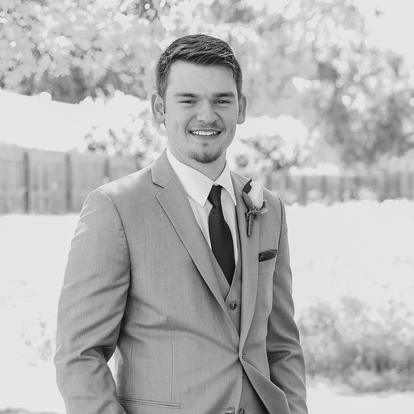
Joshua Doria, M.S, B.S
agriculture & food systems researcher
Joshua Doria is an Agriculture and Food Systems Researcher at HowGood, where he conducts location-specific crop research, supports data audits and contributes to the design of new metrics – in particular the Soil Health metric. He is also a Certified Crop Advisor through the American Society of Agronomy.
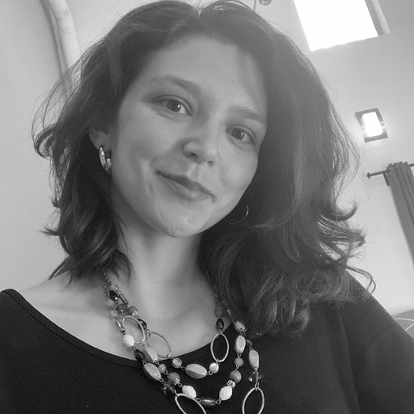
Emily Steliotes, M.S
agriculture & food systems researcher
Emily Steliotes is an Agriculture and Food Systems Researcher at HowGood, where she researches location-specific crops and ingredient processing types in the context of GHG emissions.
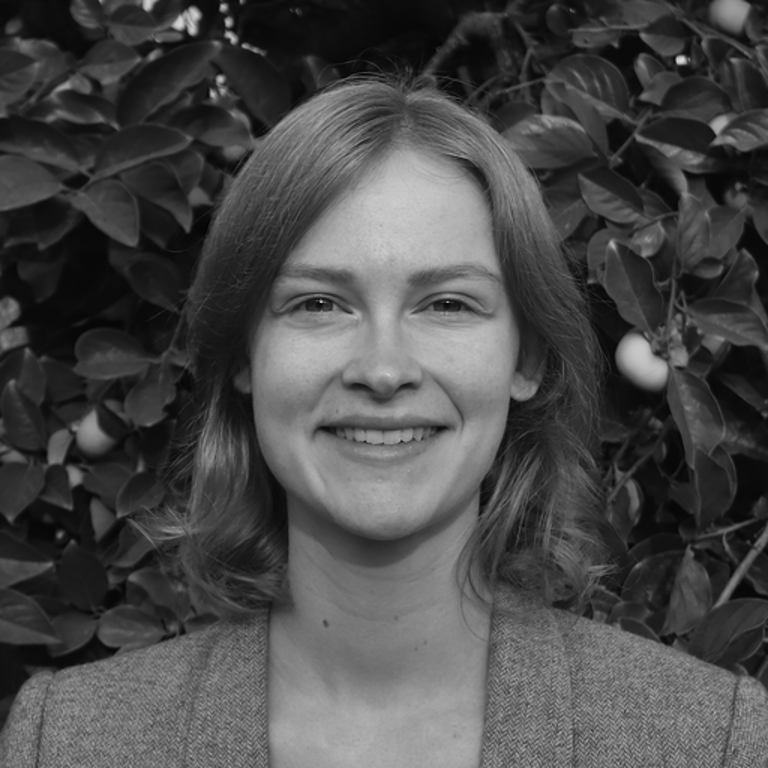
Katie Bolton, M.S, B.A
DATA ANALYST
Katie Bolton is a Data Analyst with HowGood, where she supports our clients in maintaining data quality standards, building analytics reports on and delivering ratings assessments for HowGood’s retail clients.
FAQ
Frequently Asked Questions
HowGood’s product sustainability database is comprised of more than one million products spanning 33,000 ingredients, mapped against eight core sustainability metrics and more than 250 attributes.
HowGood employs an iterative approach to assessing and updating data sources and in turn, strengthening our impact assessments. Our Research team is constantly reviewing the latest findings from scientific publications and assessing new data sources for inclusion in our product sustainability database. As our database expands, our impact assessments become more granular and our customers are given instant access to the most up-to-date scientific findings on food sustainability. As a result, our customers are enabled with the tools and information they need to innovate, communicate and report on food sustainability, in line with industry-recognized methodology and thinking.
In the context of GHG emissions, this iterative approach is in line with international best practices and thinking around climate science.
“Companies should pursue an iterative approach to improve the accuracy of its scope GHG inventory by collecting more granular and accurate data for emission hotspots, using primary data where available. […] Once a baseline GHG inventory is established, a company should formulate ambition through reduction targets, plan interventions towards achieving those targets, and finally, measure and track progress against the targets.”
-Science Based Targets initiative (SBTi), 2018. Value Change in the Value Chain: Best Practices in Scope 3 Greenhouse Gas Management, p.11.
HowGood employs industry-recognized methodologies for each of our impact metrics, including:
- GHG Emissions: GHG Protocol; IPCC GWP100a 2013
- Processing: GHG Protocol; IPCC GWP100a 2013
- Blue Water Usage: Global Water Footprint Standard 2011
- Land Use: ReCiPe 2016
- Soil Health: Bioversity International ABDI 2019
- Labor Risk: UNGP Human Rights Risk Reporting Framework [SHIFT] 2015
- Biodiversity: Bioversity International & HowGood Standard 2020
- Animal Welfare: Global Animal Partnership (G.A.P) Standard 2020
From the blog
Sustainability Insights

HowGood
10 Gagnon Dr.
Stone Ridge
NY 12484
© 2024 HowGood.

